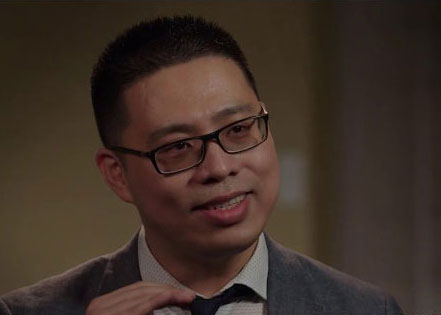“Exports alone can’t make poor countries rich,” says Assistant Professor of Economics Xiao Jiang in a video interview featured on the Institute for New Economic Thinking (INET) website.
If a country’s imports of semi-finished goods contain significant high-skill labor content, that country will lose domestic share of value-added activities. That means a loss of economic power. Developing countries should therefore engage in global value chains in a “selective, careful, and intelligent way” in the face of market power of foreign-led, high value-added firms. They also need government trade policies that will help prevent “value-added erosion,” says Jiang. Through collective bargaining, unions of small manufacturers could also better “counter the asymmetric power structure” and protect vulnerable workers.
This is a topic that Jiang is very familiar with. He is a co-author of studies that were funded with a grant of $31,248 by the Economics Policy Institute. The grant, which was awarded in 2015, supported research of the affects of the China trade policy on U.S.
“INET is a professional nonprofit organization founded in part through a gift by philanthropist George Soros to advance the development of new economic theory in order to address the needs of human societies in the 21st century. Through this interview Jiang joins the likes of Nobel prize winners Joseph Stiglitz and Paul Krugman who have been featured on INET.
